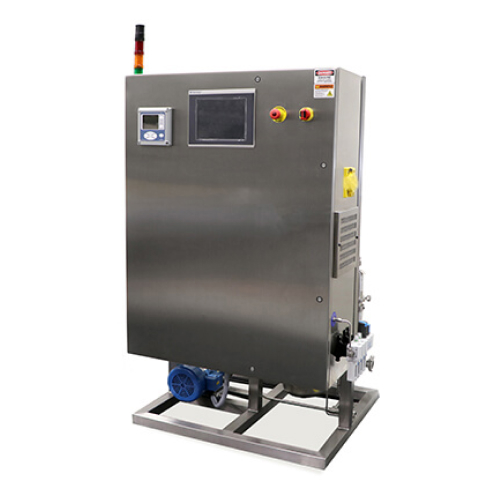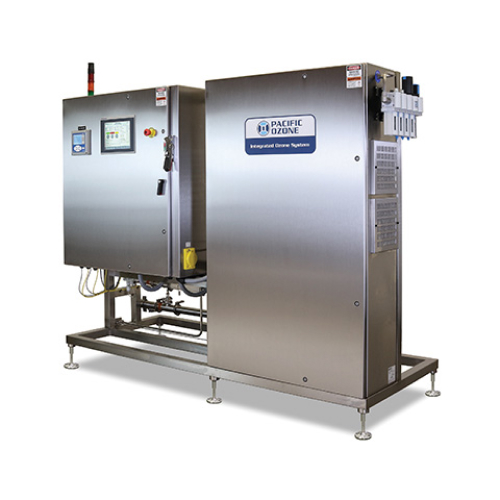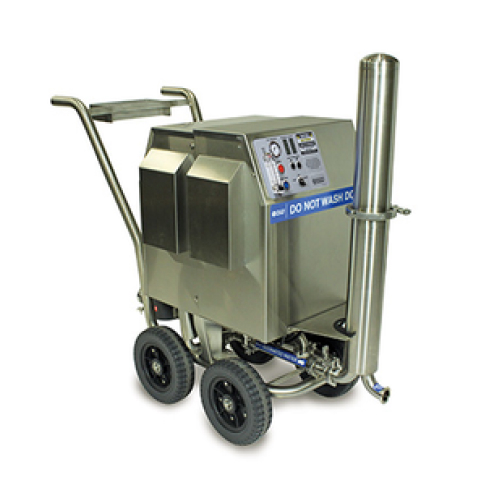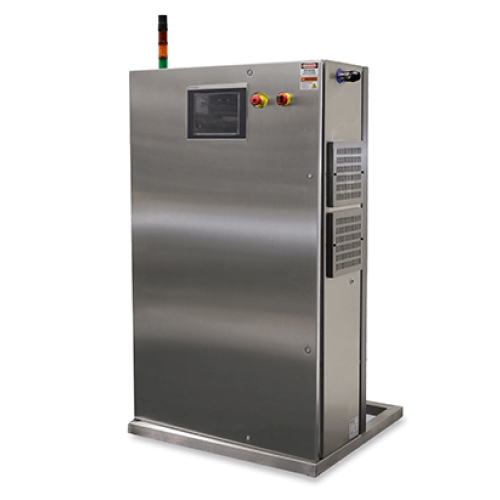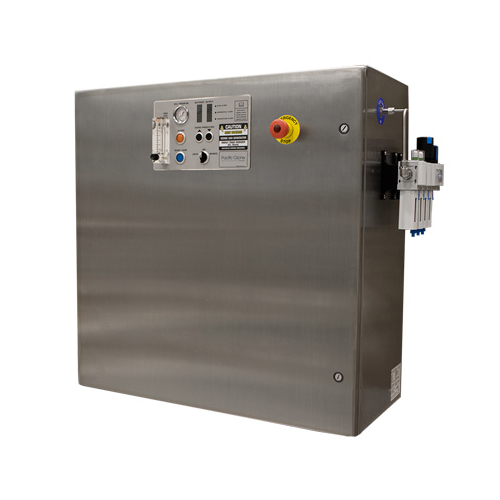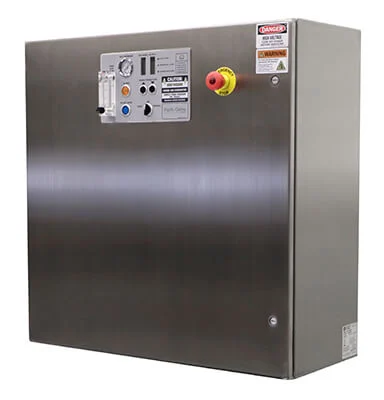Recent Posts
Water disinfection with ozone at the production of drinking bottled water

Ozone water sanitization technologies. Disinfection of drinking water and CIP sinks. Engineering solutions from AQUAANALYTIC DUBAI.
Ozonation as the best choice to use in the production of potable bottled water.
Ozonation plays a crucial role in water bottling, particularly in the treatment of mineral water. It is a highly effective and environmentally safe method for water purification. Here, I’ll explain the properties of ozone, its advantages, and the technology used in the treatment of bottling systems with ozone, including bottle sterilization:
Properties of Ozone:
- Oxidizing Agent: Ozone is a powerful oxidizing agent. It readily reacts with organic and inorganic substances, breaking down complex molecules into simpler, less harmful forms.
- Disinfectant: Ozone is an excellent disinfectant that can kill bacteria, viruses, and other microorganisms by damaging their cell membranes and disrupting their metabolic processes.
- Short Half-Life: Ozone has a short half-life, which means it breaks down into oxygen (O2) relatively quickly, leaving no harmful residues.
Advantages of Ozone in Water Bottling:
- Effective Disinfection: Ozone effectively sterilizes water and surfaces, ensuring that the water used for bottling is free from harmful microorganisms.
- Removal of Contaminants: Ozone can break down and remove organic and inorganic contaminants, including bacteria, viruses, algae, and odor-causing compounds.
- No Chemical Residue: Unlike some chemical disinfectants, ozone leaves no chemical residues in the water, making it safe for consumption.
- Extended Shelf Life: By sterilizing both water and bottles, ozone treatment can help extend the shelf life of bottled water and prevent microbial growth during storage.
- Environmentally Friendly: Ozone is a green technology because it decomposes into oxygen, leaving no harmful byproducts. It reduces the need for chemical disinfectants, contributing to environmental sustainability.
Technology of Treatment of Bottling Systems with Ozone:
- Ozone Generation: Ozone is generated on-site using ozone generators. Common methods for ozone generation include corona discharge, ultraviolet (UV) radiation, and electrolysis.
- Ozone Injection: Ozone is injected into the water as a gas or as ozone-enriched air. It can be introduced at various stages of the water bottling process, such as pre-filtration or post-filling.
- Contact Time: To ensure effective disinfection and contaminant removal, water is exposed to ozone for a specific contact time. This may involve using ozone contact tanks or chambers.
- Bottle Sterilization: Bottles can be sterilized by exposing them to ozone gas or ozone-enriched water before filling. This prevents microbial contamination of the bottles.
- Quality Control: Monitoring and control systems are used to measure and adjust ozone levels, ensuring that the water meets desired quality and safety standards.
Environmentally Safe Method of Water Purification:
Ozonation is considered an environmentally safe method of water purification for several reasons:
- It does not produce harmful chemical residues or byproducts.
- It reduces the need for chemical disinfectants, minimizing chemical waste.
- Ozone decomposes into oxygen, contributing to air quality improvement.
- It promotes sustainable water use and reduces the environmental impact of water treatment processes.
In conclusion, ozonation is a highly effective and environmentally friendly method used in water bottling, especially for mineral water treatment. It provides numerous advantages, including water disinfection, contaminant removal, and extended shelf life while minimizing its environmental footprint.
AQUAANALITIC DUBAI team will find you the best and most favorable solution from Pacific Ozone Evoqua. Ask your questions now.
Sanitizing & Disinfecting with the Ozone PC3 Cart
Portable Ozone Systems – The PC Series
Providing Disinfection Solutions
Equipment for ultrapure water for microelectronics Ionpure CEDI/EDI , UV and ozone

